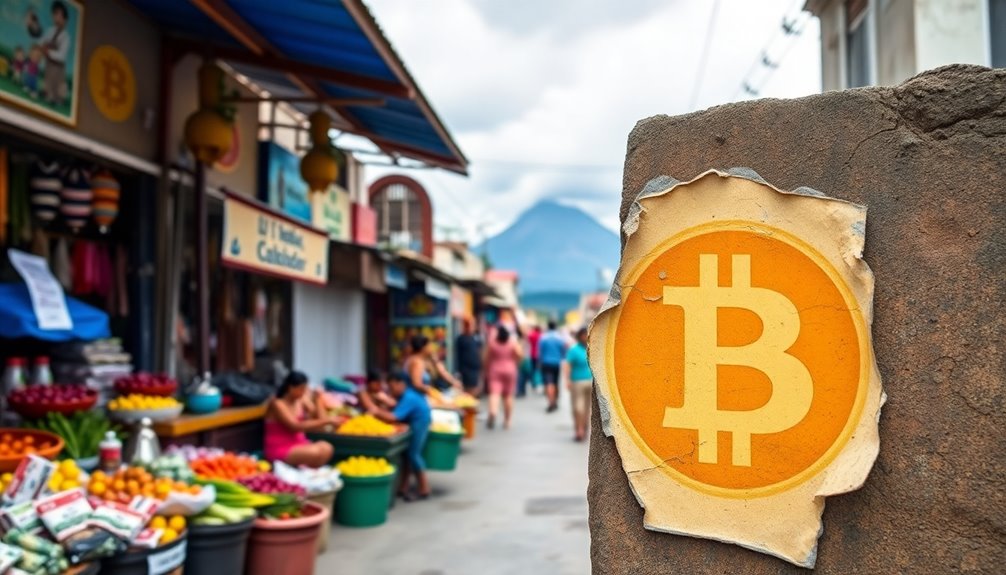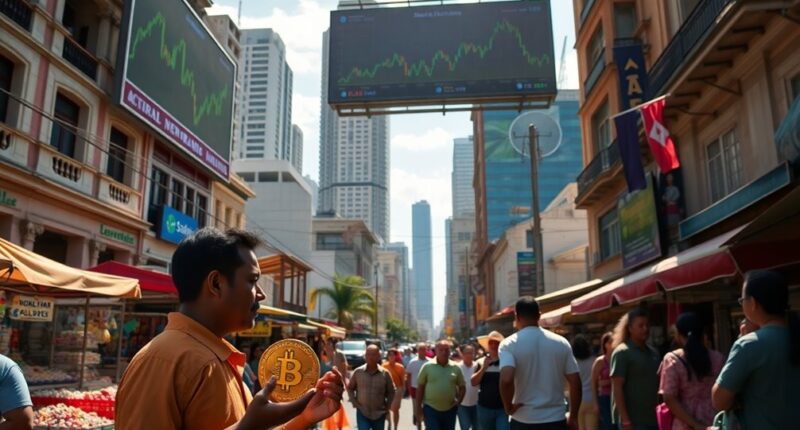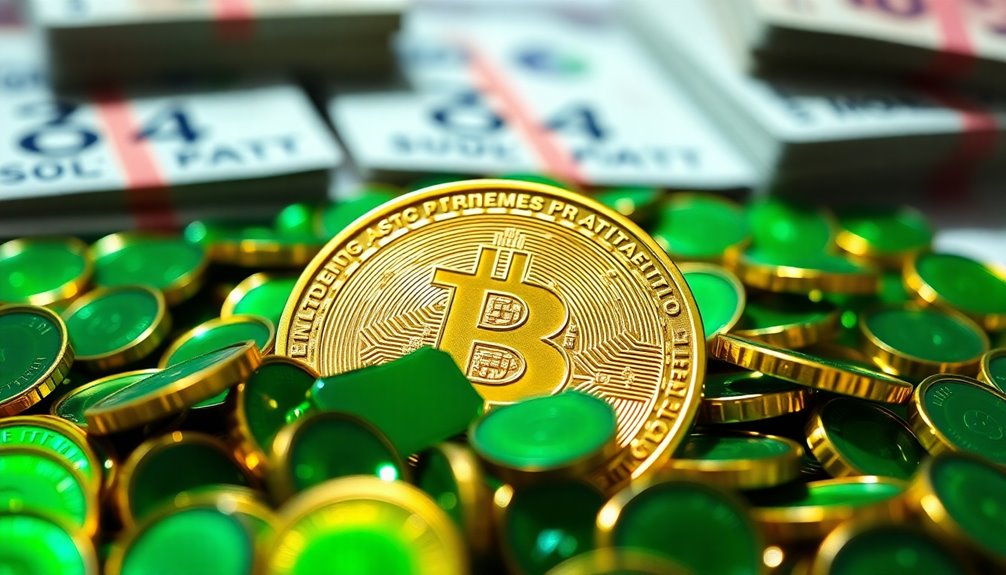You might be wondering if El Salvador is starting to rethink its bold move into Bitcoin. Recent changes to the country's Bitcoin law suggest a shift in strategy. With most Salvadorans avoiding Bitcoin for transactions, the initial optimism seems to be fading. What does this mean for the future of Bitcoin in the nation? The implications could be far-reaching, but the story is far from over.

Is El Salvador reconsidering its bold move to embrace Bitcoin? Since it became the first country to adopt Bitcoin as legal tender in September 2021, the nation has experienced a rollercoaster of reactions. Initially, the government mandated businesses to accept Bitcoin alongside the US dollar, and they launched the Chivo wallet to facilitate transactions. However, public trust in Bitcoin remained low; only 15% of the population supported it, while 70% opposed its adoption.
Fast forward to early 2025, and El Salvador made significant amendments to its Bitcoin law. Bitcoin is now classified as "voluntary legal tender," meaning businesses can choose whether to accept it. Tax payments in Bitcoin are prohibited, and this shift was influenced by a $1.4 billion loan agreement with the IMF, which raised concerns over financial stability risks associated with Bitcoin. The change reflects a noticeable pivot in policy.
El Salvador's recent amendments to Bitcoin law signify a major policy shift, now designating it as "voluntary legal tender."
Despite the government's enthusiasm, Bitcoin adoption rates among the public have been disheartening. By 2024, a staggering 92% of Salvadorans didn't use Bitcoin for transactions, indicating a disconnect between government policy and public acceptance. The promised financial inclusion hasn't materialized, and many merchants have been hesitant due to Bitcoin's notorious volatility. Technical issues with the Chivo wallet, including hacking incidents, further fueled skepticism.
While there were hopes that Bitcoin would boost the economy, especially through GDP growth and remittances, results have fallen short. The IMF highlighted ongoing financial risks, and despite the government holding significant Bitcoin reserves, the volatility has undermined its utility as a stable store of value. The anticipated surge in economic activity from Bitcoin adoption hasn't occurred, leading many to question the original motivations.
Interestingly, Bitcoin did lead to a 20% increase in tourist arrivals in 2024, suggesting some positive fallout, but it wasn't enough to sway public opinion. As many businesses remained unprepared for Bitcoin transactions, only 3.6% reported improved sales. The lack of infrastructure and ongoing skepticism indicated that government efforts to promote Bitcoin met considerable resistance.
As El Salvador navigates this rocky terrain, it's clear that the world is watching. Other countries are looking to El Salvador's experience for regulatory insights, as the broader debate about cryptocurrency adoption continues. With the IMF's influence looming large, the question remains: is El Salvador truly backtracking, or is it simply recalibrating its approach to Bitcoin?









